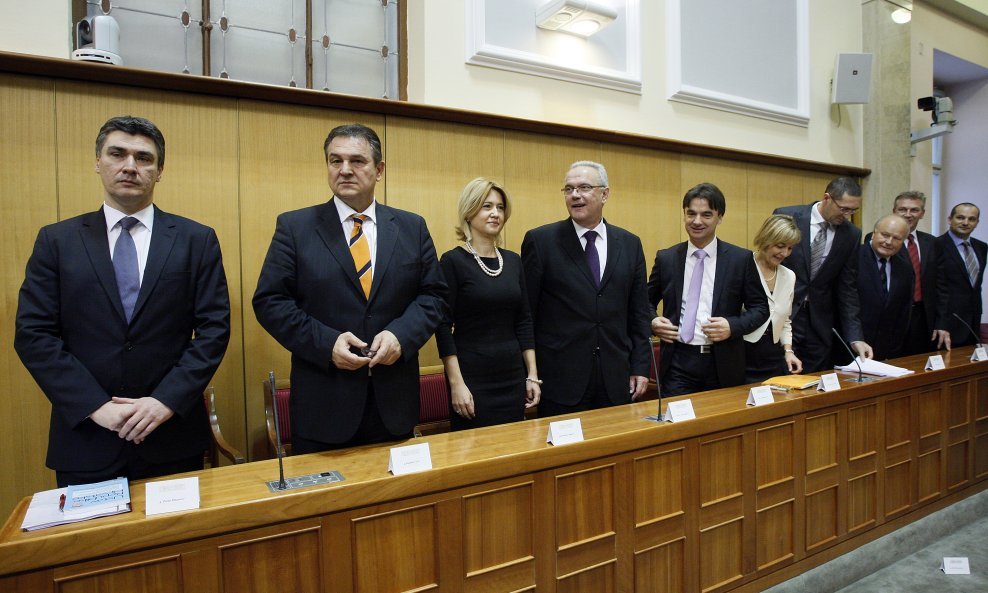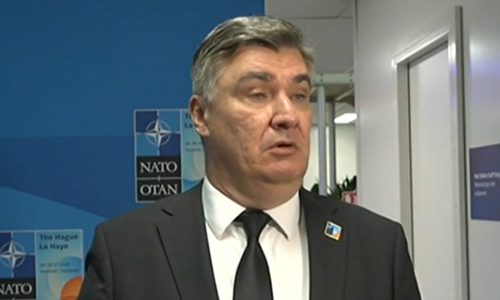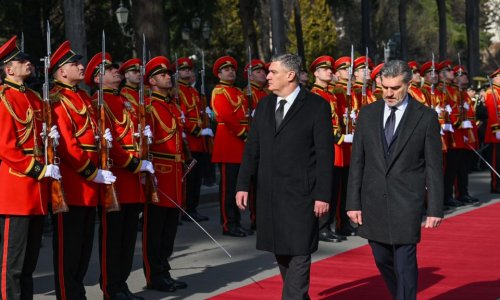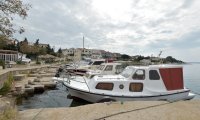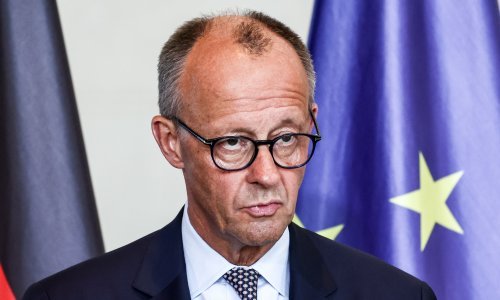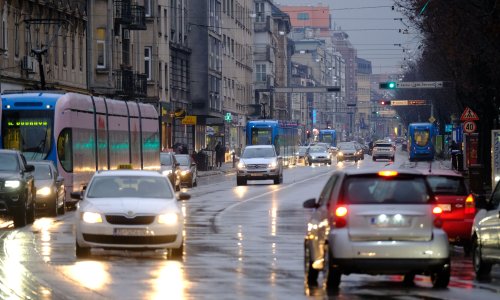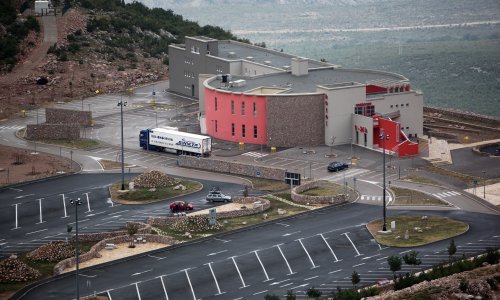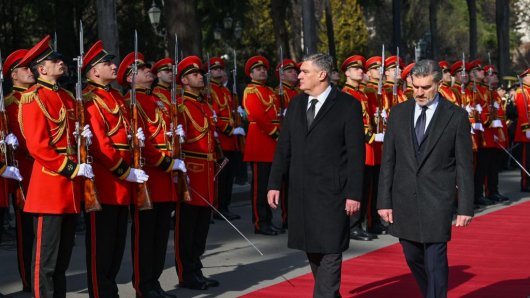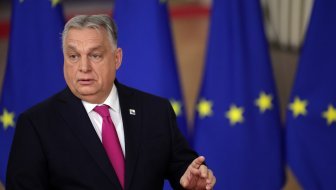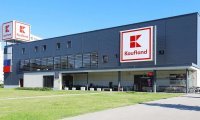The government of Croatia's new Prime Minister Zoran Milanovic will aim to gradually increase the economic growth rate to about 5% by 2015, considerably reduce the unemployment rate and cut the share of budget expenses in Gross Domestic Product (GDP) by about 4.5%.
The government's economic programme is based on projections of strong economic growth, reduced government spending, and change of the system of social values.
The government will take all the necessary steps to revive the national industries and to direct at least 50% of industrial output towards export. It also intends to reduce illiquidity, align legal time limits for payments with EU legislation, strengthen financial policy measures to reduce interest rates on loans to the business sector, and insist on closer coordination of fiscal and monetary policies.
The government will aim to put the shipyards and railways in order, relieve the budget burden, work out a plan for the development of contemporary industrial sectors such as biotechnology, the pharmaceutical industry and nanotechnology, and define the course for the development of traditional industries such as the food, wood, textile, chemical, petrochemical and oil industries.
Among the government's priorities will be to remove barriers to investment and to encourage investment in four areas -- tourism, energy, infrastructure, and irrigation and the environment.
The government will prepare a plan for comprehensive fiscal consolidation in the short and medium terms with the aim of reducing the consolidated government deficit to under 3% of GDP and the primary deficit to zero, reducing the share of budget expenses in GDP by about 4.5%, and bringing the share of public debt in GDP under 60%.
"Consolidation in the short term will be based on a reduction of public spending and budget expenses. 'The last line of defence' will be pensions, salaries and welfare benefits for the most vulnerable groups," the plan says.
The government plans to modify the tax system without increasing taxes in order to encourage enterprise.
In regional policy, the government aims to take a combination of economic measures to carry out three special regional development projects -- restructuring agriculture and the food industry to increase their profitability, linking tourism and agriculture, and strengthening the country's maritime orientation.
The section dealing with agriculture says that state-owned farmland will not be privatised but let out on a long-term lease under favourable financial conditions, that water and forest management will remain the responsibility of the government, and that maritime resources will be protected against excessive exploitation.
In the section focusing on environmental protection, the government says that it will encourage development of renewable energy sources to ensure that their share in overall energy consumption exceeds 20%.



